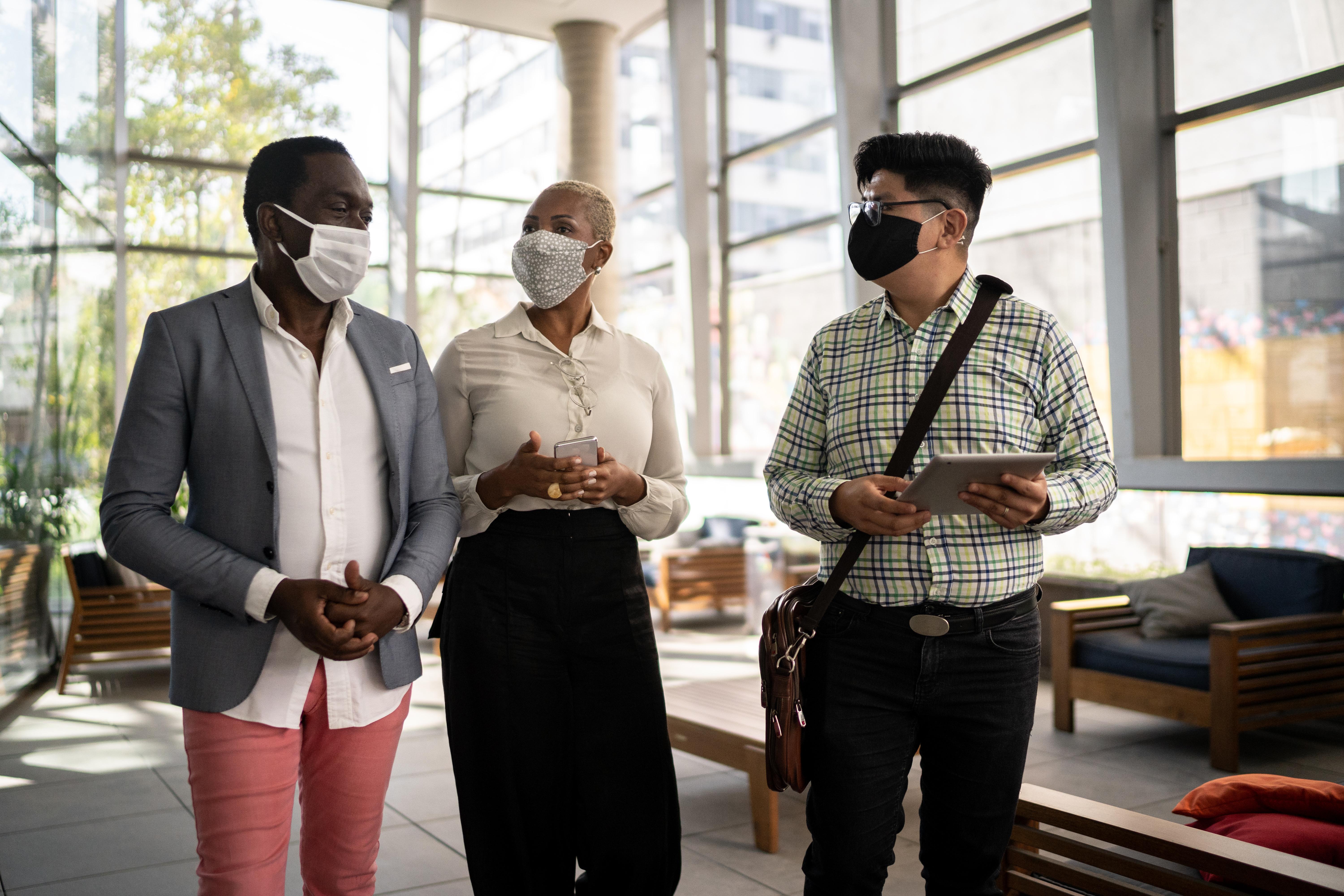LEAD With Empathy: Supporting Your Employees is More Important Now Than Ever Before

Last year, the world was turned upside down from a dangerous pandemic that has been disproportionately ravishing communities of color at a rate of almost two to one over other areas. True, everyone has been dealing with all the changes brought about because COVID-19; however, not everyone is experiencing the impact from the pandemic to the same degree.
The year 2020 also brought about a renewed fight for racial justice, starting from the moment George Floyd uttered the words, “I can’t breathe” — as he took his last breath at the hands of law enforcement. Since then, we’ve had many more cases of black Americans being targeted and killed by those who wear a badge and swore to protect and serve.
On January 6, the stark racial inequalities prevalent in the United States were on full display for the world to see as a group of insurrectionists overpowered Capitol police and were treated significantly different than the protesters who were (fighting) for racial equality over the summer. There were blatant differences in how the mostly white Trump supporters were treated in comparison to the mostly peaceful Black Lives Matter protests just months earlier.
Racism is still very much alive and thriving in this country and in Columbus, city leaders have taken the first step in declaring racism as a public health crisis, but what does that mean for your employees? It means, that as leaders, employees (from all walks of life) need your support and compassion more now than ever.
It is seldom easy to find the right words in difficult times such as these. However, silence is not an option! Employees are looking to leadership to foster an inclusive environment, one that actively denounces all hate speech and racism. If your organization has not yet taken a public stance, the silence is deafening. To respond to the current climate, leaders must reckon with the Black experience, both in and out of the workplace.
This is a humanity issue, not just a black and white issue. Organizational leaders need to be compassionate and empathetic. It is likely that you have employees who are struggling, though they “show up” every day. Employees may be feeling a sense of frustration, anger, grief and hopelessness, and unfortunately, these are not emotions that are easily checked at the door when it is time to start working.
It is important to allow employees time away to process, decompress and/or grieve. Employees’ mental health needs to be a priority. Simply referring them to the organization’s employee assistance program does not communicate the care needed during this time. Check on your colleagues individually. Listen to their needs. Find out if they need time to breathe or even to take a mental health day without explanation. This may break normal protocol, but we are not in normal times.
It is typical to delay or avoid taking time for our mental health; however, employees need reassurance that it is OK and, more importantly, encouraged to take the time needed to cope with these events. Even if colleagues tell you that they are “fine,” chances are they are feeling the strain. Employers, we know you care about your employees. Now it is more important than ever to show them you care.
We have arrived at a crossroads in history. Part of your legacy will be decided on how you responded to the tragedies and racial injustices we face today. To quote Valorie Burton from her latest book, It’s About Time: “…it is our duty to be humble, brave, and love people. It’s about what we innately know, but too often lose sight of. Life is not about how much you can pack into your days, but about the impact you can make with your days, especially when that impact touches people. Time is finite, but your legacy is not.”
In these difficult times, will your legacy be one full of empathy and compassion or business as usual?